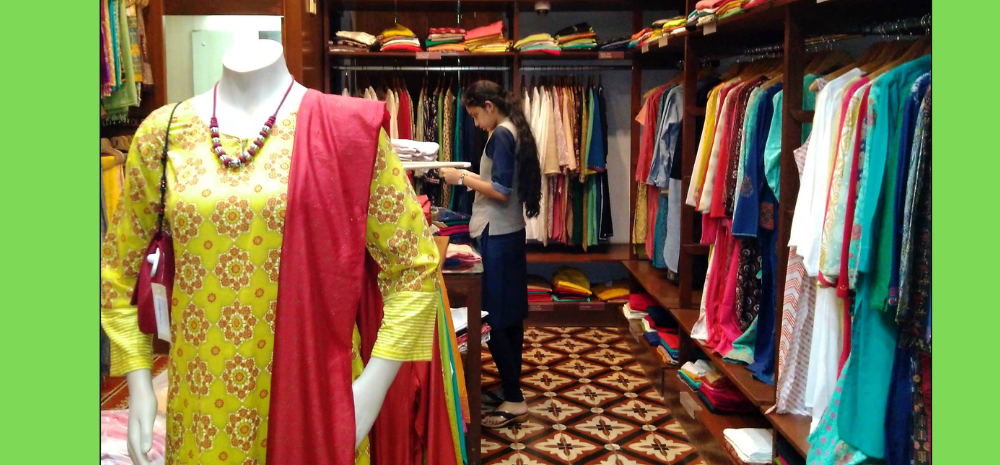Very soon, India will have its own standard body sizes for the apparel sector with only the final touches pending following the conclusion of a nationwide survey, Union Textiles Minister Piyush Goyal said on June 20.

Standardizing Body Sizes For Apparel And Footwear
India will soon have its own standard body sizes for apparel as a nationwide survey is over and final work is pending.
He said that the exercise to standardize the Indian footwear size will take a little longer on Tuesday.
During a press conference at the BJP headquarters, the Union minister said, “The faculty members of the National Institute of Fashion Technology, who conducted the survey (after) traveling to every state, have done very good work. A presentation (of the survey) was made before me a few days ago.”
Further adding that the process to standardize the Indian footwear size will take a little longer.
”We will give it a finishing touch and implement it across the country once it is approved,” he said as per the media report.
With this implementation, Indians will not have to fit-in to western apparel sizes as the country will “soon’ have its own ‘standard body sizes’ for the apparel sector.
Pouring more light on the subject, Goyal said, the exercise undertaken by National Institute of Fashion Technology (NIFT) to standardize the Indian footwear size will take some time.
In the case of the standard Indian size for footwear, the minister said it will take “a little more time, but it will also come soon.”
Deficit Increased During the Congress Regime
While addressing a Press conference on the ‘achievements ‘ of the Modi-government in the last nine-years, Golyal blamed the congress government for allowing a trade deficit between India and China during the decade-long UPA regime, beginning 2004.
According to him, in the last year of the Vajpayee government in 2004 , the deficit was only minimum which jumped many-fold during the Congress regime that followed it.
Goyal said that the Centre has refused to provide rice to several states from its stocks to ensure that the price of the grain does not increase in the open market and people continue to get it at affordable rates, while answering another question.
The answer came amid a political row over the refusal of rice supply to Karnataka.












